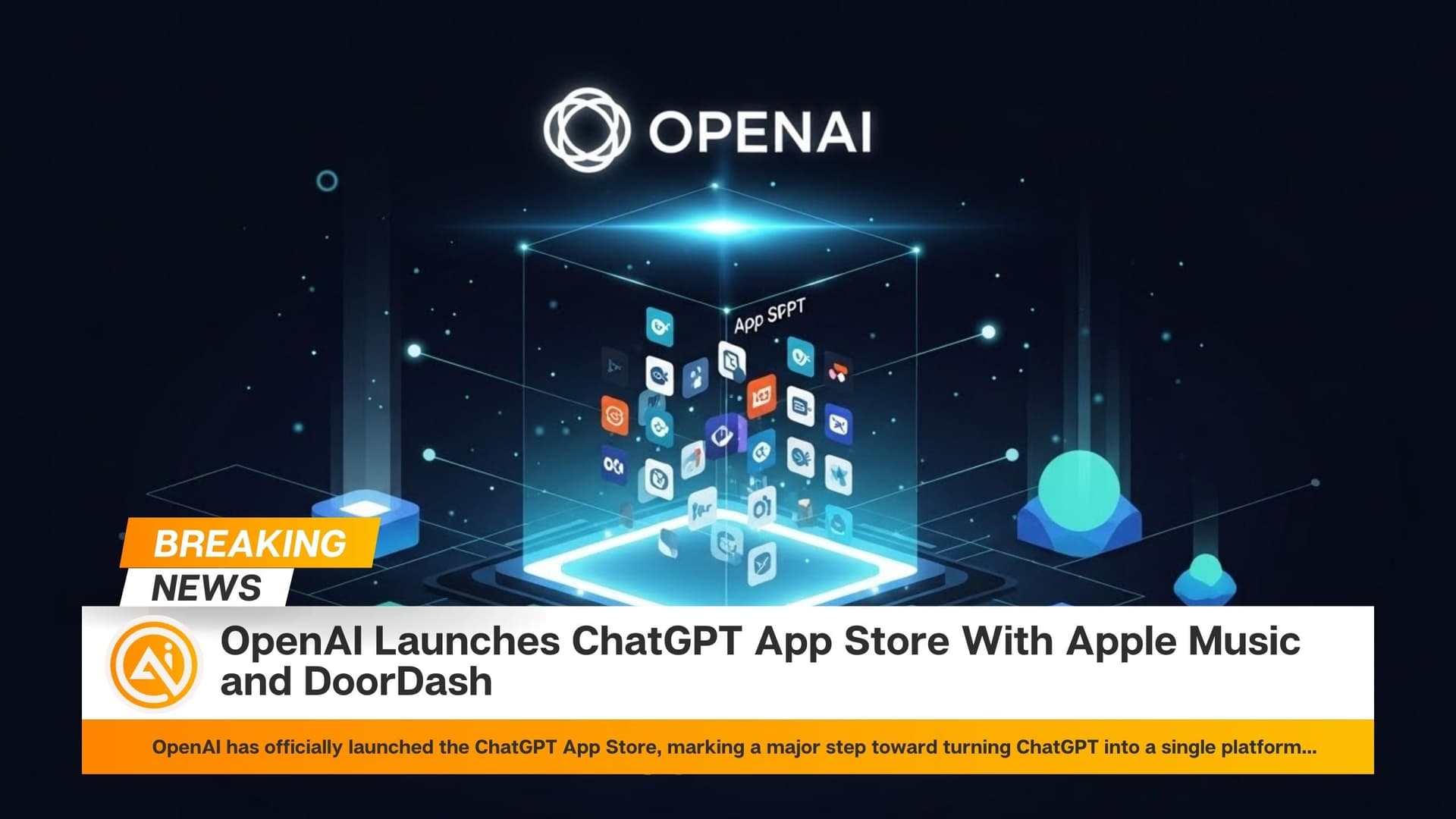Perplexity AI, a rising competitor in the search engine space, is taking an aggressive approach toward user data collection with plans to launch its own web browser called Comet. In a recent podcast interview, CEO Aravind Srinivas confirmed that the company’s browser will track everything users do online to create detailed profiles for selling hyper-personalized ads. Srinivas explained that work-related searches alone, typically done within the app, do not provide enough insight into users’ personal preferences. To gather richer data, Perplexity aims to monitor activities like shopping behavior, hotel bookings, restaurant choices, and browsing history outside of its own platform.
The CEO believes that users will accept this level of tracking because the resulting advertisements will be more relevant to their interests. He stated that the browser will use this context to enhance its user profiles and plans to introduce ads through the browser's discover feed. Despite initial delays, Comet is now expected to launch in May.
This strategy mirrors the model that helped Google grow into a multi-trillion-dollar company, largely by collecting user data through its Chrome browser and Android operating system. Perplexity’s ambitions are not limited to web browsing.
The company has also partnered with Motorola, securing pre-installation of its app on the Razr series smartphones. Users will be able to access Perplexity directly through Motorola’s Moto AI feature by typing “Ask Perplexity.” Reports suggest Perplexity is in discussions with Samsung for a similar arrangement, though Srinivas did not confirm these negotiations directly.
Perplexity's open admission about its data collection goals comes at a time when public trust in major tech companies remains fragile. Concerns over privacy and surveillance have fueled criticism of companies like Google, Meta, and even Apple for their data tracking practices. Ironically, Srinivas’ comments were made while Google faces a legal battle with the U.S. Department of Justice over alleged monopolistic behavior in search and online advertising. The DOJ has proposed that Google may be required to divest its Chrome browser business, a move that both OpenAI and Perplexity have expressed interest in pursuing if such a sale happens.
